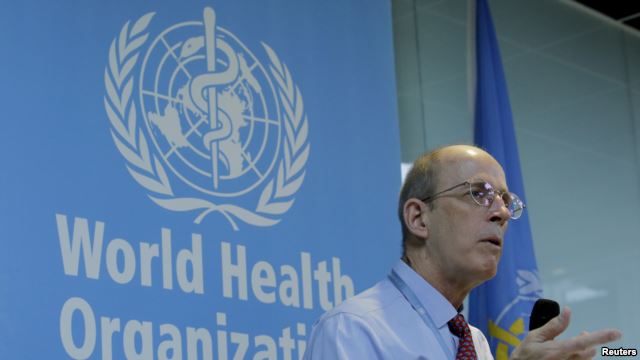WHO Director-General briefs media on outcome of Ebola Emergency Committee
Ladies and gentlemen,
Thank you for joining us.
The ninth meeting of the Emergency Committee on Ebola, convened today under the International Health Regulations, has advised me that the Ebola situation in West Africa no longer constitutes a Public Health Emergency of International Concern.
Although the response to a cluster of new Ebola cases and deaths is being reported in Guinea, that flare-up currently involves a single chain of transmission. It is the Committee's view that the countries have the capacities and capabilities to manage such flares.
To date, nearly 1000 contacts related to this flare-up have been identified, of whom 142 are considered at high risk of exposure.
In making its assessment, the Committee reviewed data on this new cluster of cases together with responses to earlier Ebola flare-ups that occurred after the original chains of transmission were interrupted in Guinea, Liberia, and Sierra Leone.
The response to each and every one of these flares was immediate and very effectively contained.






Recent Comments